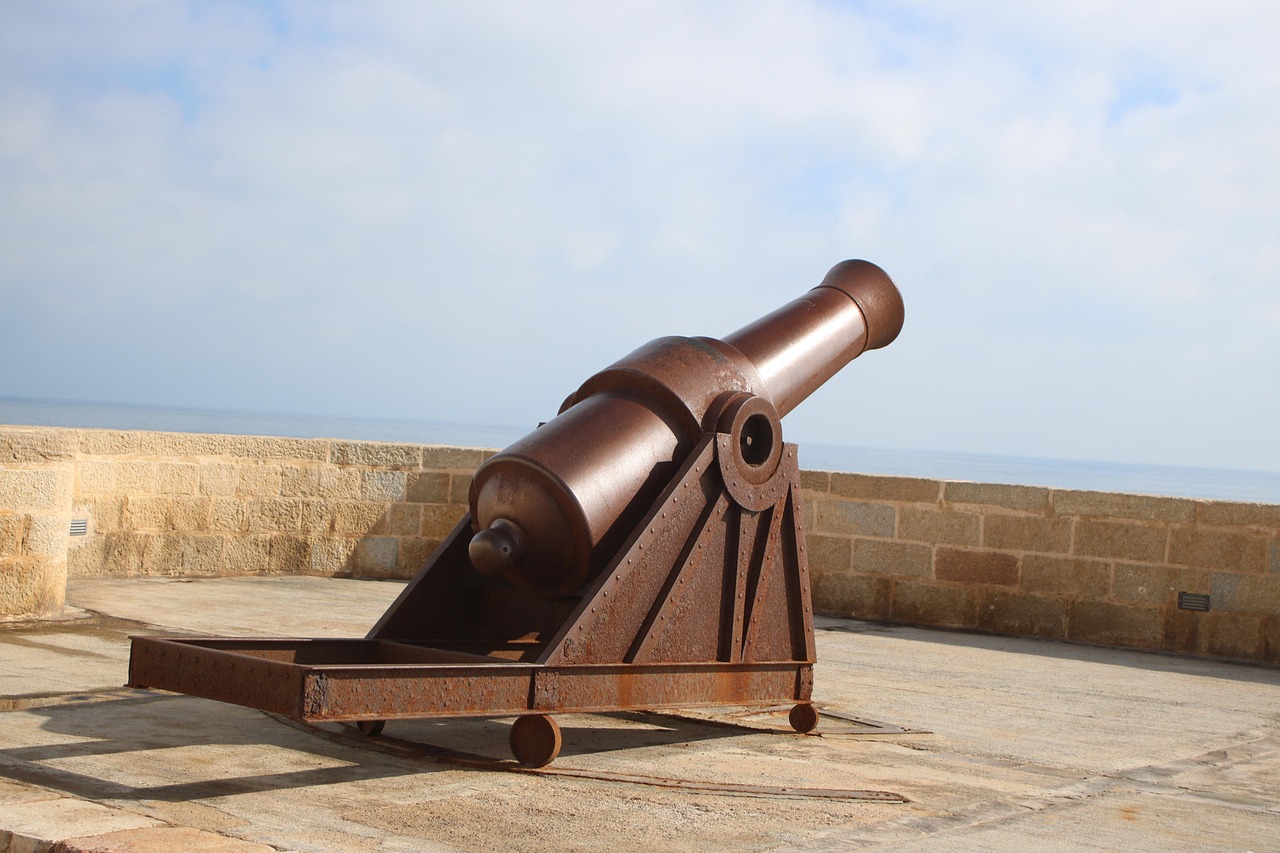
Political tensions between Spain and Morocco are escalating as a Moroccan group, the “Committee for the Liberation of Ceuta and Melilla,” has declared September 17th as the official “Day of Moroccanism” for the Spanish autonomous cities. This initiative, gaining significant traction on social media, vehemently demands an end to the Spanish presence in both enclaves. Proponents view the presence as a “Spanish occupation” and call for the immediate removal of customs and border barriers, which they deem an affront to the dignity of the Moroccan people. The symbolic date of September 17th commemorates the conquest of Melilla by Castilian troops and is intended to annually symbolize the struggle for the “reconquest” of Ceuta and Melilla.
Calls for Disobedience: Fears of Border Region Destabilization
Although no official mobilizations have been announced yet, the committee is spreading messages on social media calling for disobedience to border crossing rules, particularly at the Beni Enzar border crossing. They demand that Spain unconditionally leaves Ceuta and Melilla and that no Moroccan should require a passport to enter what they consider their territory.
Experts warn that this campaign could be part of a broader diplomatic pressure strategy by Rabat, even though the Moroccan government has not yet issued an official statement on the matter. The proposal to abolish border procedures is causing concern among those who depend on regulated trade between Melilla and Morocco. Sectors associated with traffic and imports fear that these radical discourses will destabilize the fragile border situation.
Military Presence and Strained Trade Relations
The Tactical Group of Ceuta, a unit under the General Command of Ceuta (COMGECEU), conducts routine patrols at key points in the autonomous city to ensure the security and stability of the territory. These activities have been confirmed by the Defense Staff and are part of the Spanish army’s standing mission to deter threats and strengthen national sovereignty.
This intensification of military deployment coincides with a flare-up of tensions with Morocco. An old organization for territorial claims, the National Coordinator for the Defense of the Cause of the Kingdom of Morocco (successor to the Committee for the Liberation of Ceuta and Melilla), has re-positioned itself in the public debate, claiming both enclaves. Concurrently, the trade situation between Ceuta, Melilla, and Morocco has significantly deteriorated. In Melilla, authorities have denounced the unilateral closure of customs by the neighboring country, while in Ceuta, the customs office opened in February has completely ceased operations. Despite this tense context, the Tactical Group of Ceuta continues its routine operations, focusing on environmental reconnaissance, coordination with security forces, and operational readiness of personnel.



